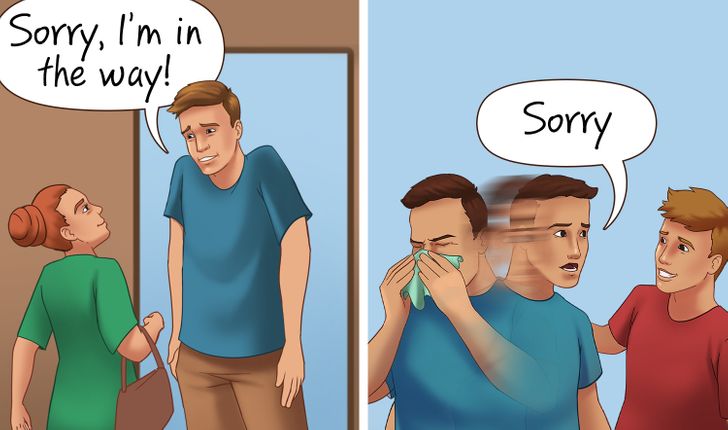10 Signs You’re Way Too Nice for Your Own Good
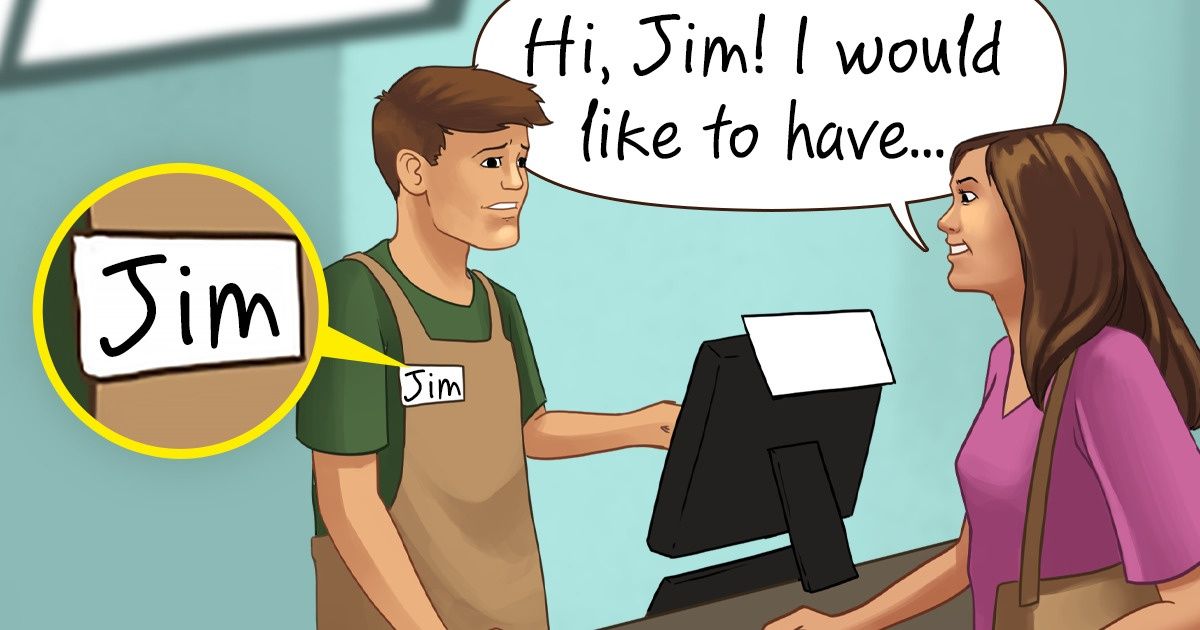
Agreeing with everyone without giving your own opinion about things is a sign you’re too kind-hearted. This is one of the many signs that being too agreeable can be bad for you. You may just be trying to be polite or avoid conflicts, but other people may not think highly of you for this. You can still try seeing things from everyone’s points of view, but also let them know what you really think.
Bright Side takes a look at some of the hints that show how being good-natured can be bad for you.
1. Calling staff by their names
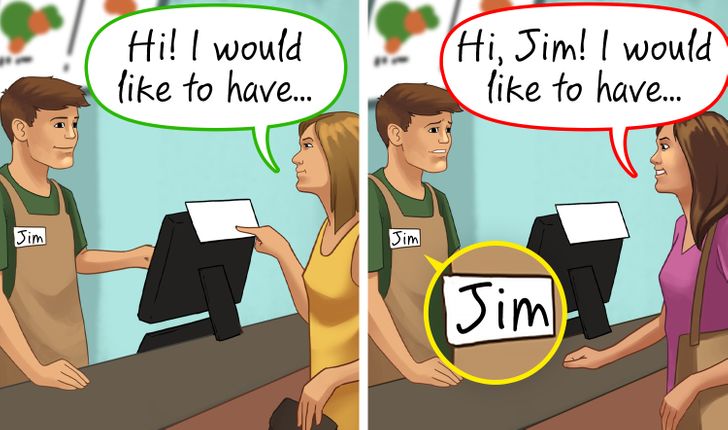
Although you may just be trying to be polite and attentive by calling service workers by the names that are written on their name tags, it can actually be demeaning. This is because while their names are on display, yours isn’t and they are not in a position to ask you for your name. As a result, the employees are put in an inferior position. In some cases, you might even be pronouncing their names wrong, which may make things awkward.
What you can do: Rather than putting effort into personalizing your conversation, perhaps it would be better to just smile and speak to them without mentioning any names. Some workers prefer to get their work done quickly without having to deal with small talk and keep their professional and personal lives separate.
2. Showing up early

You may think that making time to be early is showing people that you respect their time by not making them wait. But being too early can sometimes be just as rude as being late to an event. For example, if you are 30 minutes early for a bridal or baby shower but you’re not part of the set-up crew, the host might feel pressured to start entertaining when things aren’t ready yet. The same could be said for interviews, where the hiring managers might think that you’re interrupting their work and that you’re over-eager or desperate for the job.
What you can do: Make it a rule to never show up more than 15 minutes early than the appointed time. If you happen to be early, just take your time somewhere else to do what you like first before appearing at the event.
3. Falling for scams easily

People who are too trusting tend to get taken for a ride more often than those who are not. If you’re too kind to be suspicious of others, you’re not likely to think that people might have malicious intentions toward you. Especially if those people have done a favor for you before, because you’d feel obliged to do something for them in return.
What you can do: Try to be more wary of others, particularly people you’re not familiar with. Even with those you’re close to, whenever anyone asks for a favor, try to think of the consequences of you doing so. It’s wise to weigh the pros and cons of doing something for or with others.
4. Saying sorry for every little thing
Apologizing too much, especially for things you have little control over can make people lose respect for you or find you annoying. On top of that, if you keep saying sorry, it makes your future apologies sound less meaningful because it will seem like a habit rather than a sincere apology. Always saying sorry may even lower your self-esteem.
What you can do: Try to keep tabs on how many times you say “I’m sorry” and know what you should and shouldn’t apologize for. If you find yourself saying sorry way too many times, change your apology to something more positive like saying, “Thank you for pointing that out to me,” when someone catches a small mistake you’ve made.
5. Showering people with compliments
Just like over-apologizing, if you give compliments too frequently, they will soon lose their meaning. People might even think you’re trying to butter someone up to get something out of them. And if you keep doing it, people might come to expect compliments from you. When they don’t get complimented, they might think that something is wrong, or that you don’t like them anymore.
What you can do: Even if you genuinely think highly of them, it might be best to keep some of those thoughts to yourself. Remember that you are not responsible for making people feel good about themselves.
6. Rebuffing compliments by others
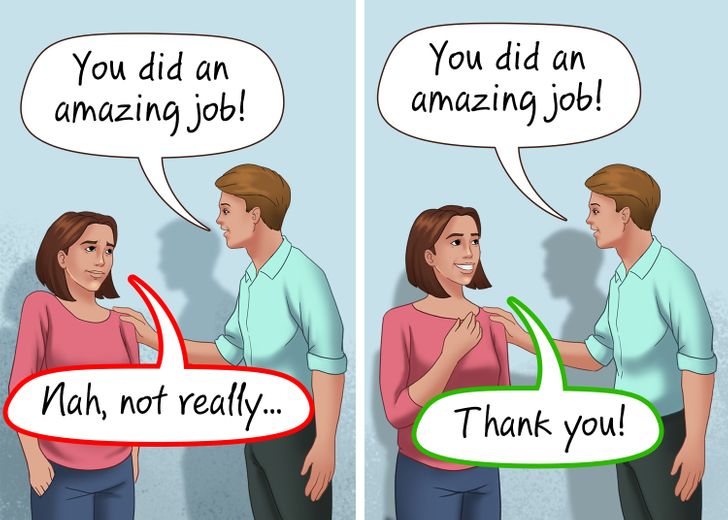
When someone gives you a compliment, you might dismiss it by saying, “Oh no, it’s not as good as yours!” or “It’s not really that great,” to show modesty. But doing so could damage your self-confidence, diminish your value in people’s eyes, and even harm your relationship with those who compliment you. In the future, they will be less likely to praise you.
What you can do: The best way to accept a compliment is by simply saying, “Thank you.” You don’t even have to add anything else. Chances are, you’ll feel good for being praised and those who compliment you will feel good for praising you.
7. Stuck doing things for people, even if you don’t want to
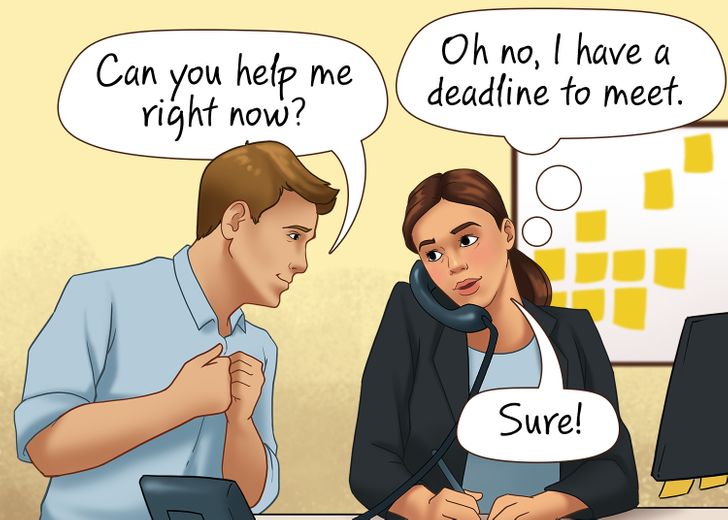
When you’re too nice to say “no,” you’ll find yourself having less time to do things for yourself and spending more time doing things for others. Worst case scenario, you might end up exhausted after running around doing things for everyone, all because you don’t want to hurt or disappoint people. You’d rather suffer by yourself than avoid conflicts.
What you can do: Practice saying “no” in small, unimportant situations like making someone coffee. Remember that you can change your mind in most cases, not everything is a do-or-die kind of situation. Think about whether or not you are actually able to help someone at that given time. If you have to sacrifice your health over it, it’s probably better to not give them a hand.
8. Correcting errors if they’re in your favor

If the cashier gives you extra change, even if it’s only a few cents, you return it because you’re being honest and think taking it is the same as stealing. But sometimes, it’s a nuisance for the staff, especially if they’re done settling the books for the day. Another example of correcting a mistake even if it favors you is when someone mistakenly thinks you hold a slightly higher title than you actually do. Even if they’re unlikely to meet you again, you feel like you’re undeserving of being seen to hold such a title or that they have the right to know the truth.
What you can do: Unless you’re profiting at other people’s expense, it’s okay to let things go and enjoy the little mistakes that make you slightly better off than usual. You deserve good days too.
9. Being politically correct all the time
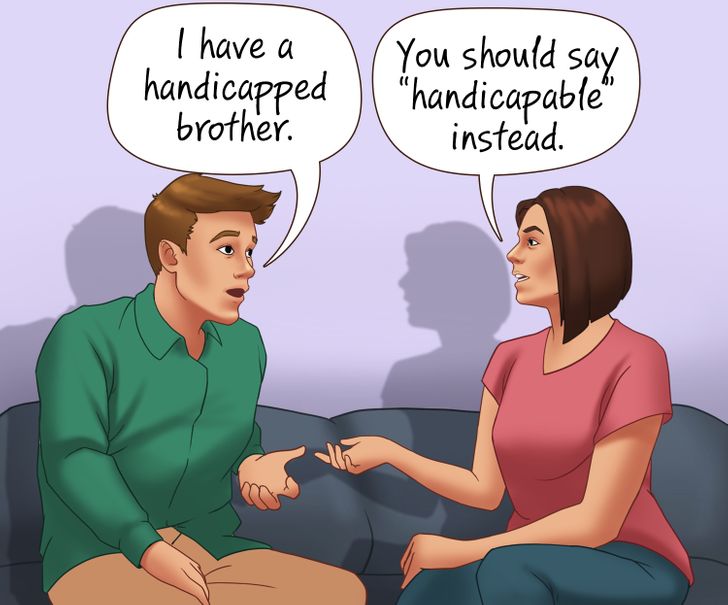
Being politically correct (PC) means avoiding language and actions that insult, exclude, or harm people who are already experiencing discrimination. However, in your attempts to be respectful and sensitive, you might offend people you want to protect. You trying to police the words to describe them might be seen as condescending and patronizing. While others who are not in the group might think that you’re weak, overly sensitive, and cowardly.
What you can do: Talk to the people you want to support to understand what is offensive and what isn’t before lending your voice to support them. Talk also to the people who think you’re censoring the truth about how their words could hurt others. Sometimes, though, you could give others the benefit of the doubt and let it go, instead of correcting their language. For example, when they’re in deep grief and unknowingly say something that could exclude a certain group of people.
10. Hardly ever asking for help
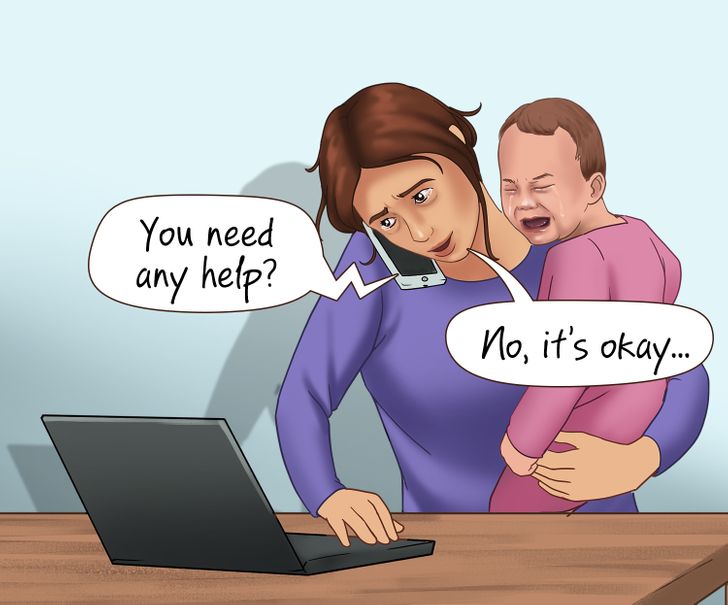
You’re too nice if you find it difficult to ask for help in times of need because you feel that other people have their own worries to take care of, and you don’t want to burden others with yours. In some cases, you might feel terrible about outing someone’s behavior, for example when someone’s bullying you.
What you can do: Keep in mind that people want to help others, it gives their life meaning. If you give people the opportunity to lend you a hand, everyone can feel satisfied and happy in the end. Remember also that it’s only human to need help, it doesn’t make you a bad person to ask people to assist you when it’s necessary.
What other things can you add to this list? Have you ever had your own act of kindness backfire on you?
Comments
Since when getting extra change and hiding it on purpose is a decent behaviour? Cashiers usually need to have the right balance at the end of the day and if some is missing, in many cases they have to return it from their own pockets, in other cases they are getting criticised by their managers or employers if noticed. Awful advice.
I used to be that one guy who always apologized for everything :(
Related Reads
I Refuse to Let My Inheritance Go to Family Members Who See Me as a Personal Bank
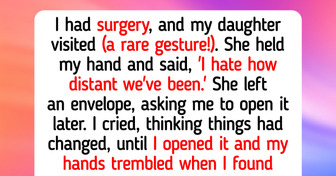
I Refused to Pay for My 80-Year-Old Nana’s Medical Bills—My Kindness Meant Nothing to Her

I Refuse to Accept My Husband’s Lie After Finding $700 He Sent to His ‘Special’ Ex-Coworker

10 Moments That Prove Kindness Matters Even When the World Turns Against Us
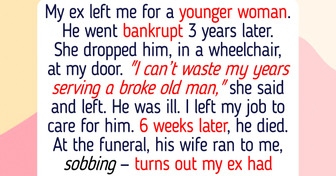
I Refuse to Be My Stepmom’s Free Maid This Christmas—Now the Family Is in Crisis
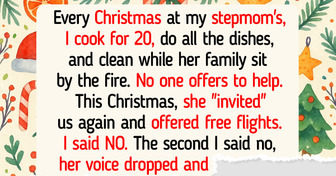
15 Stories That Prove Repairmen Are Full of Surprises

I Refused to Turn Our Romantic Trip Into a Family Vacation and Faced the Consequence

My Family Chose My Brother Over My Wedding, So I Cut Them Off
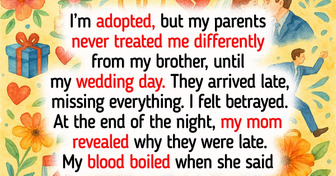
My Mom Forgot About Me Until She Needed My Help—I Turned the Tables on Her
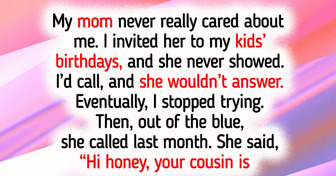
18 Stories That Prove Kindness Can Come From the Most Unexpected Places
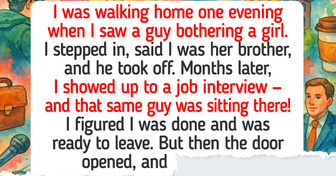
I Refused to Drop Everything for My Pregnant DIL — and She Made It Personal
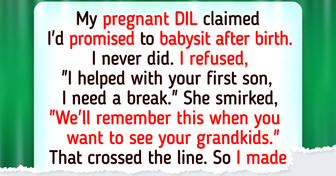
14 Stories That Prove the Office Is Basically a Sitcom We’re All Starring In

